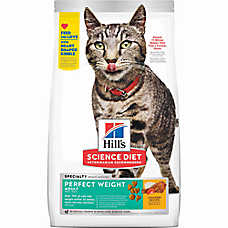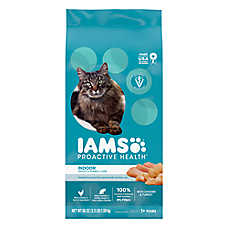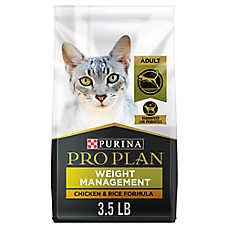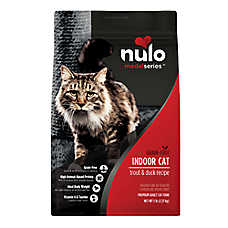Is My Cat Obese?
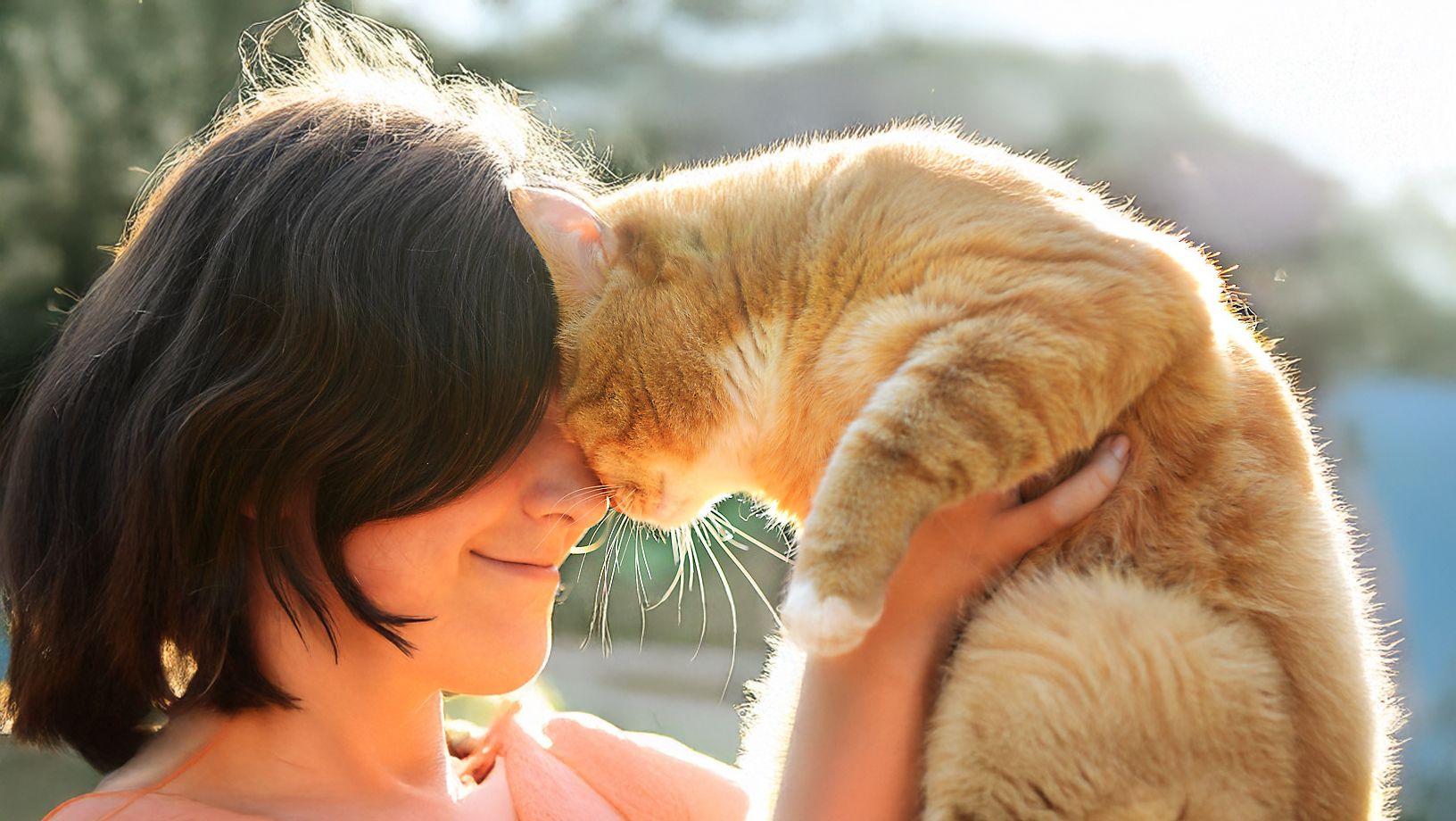
In this Article
Chubby cats are so cute, but this body condition is not healthy. While it may be adorable to see a cat with a bit of extra tummy roll around, feline obesity is a serious health issue. Because cats are so small, even a couple of extra pounds can be dangerous for them. Over half of all cats are overweight and need help managing their weight to get their health on track.
The Dangers of Feline Obesity:
Just like being overweight can have an impact on your health, it can have a significant impact on your cat’s health and wellbeing. If your cat is overweight or obese, they could face health issues such as:
- Feline Diabetes - Feline diabetes, similarly to human type 2 diabetes, is scaused by chronic inflammation that leads to insulin resistance and high blood glucose levels. Cats who develop this end up requireing weight loss, a diet change and daily insulin injections.
- Urinary Disease - Feline Lower Urinary Tract Disease (FLUTD) is more common in cats who are overweight. This means that your cat could have trouble with their bladder or urinary tract that causes them to have difficulty urinating, go more often, or other serious issues like urinary obstruction.
- Joint Pain - Your cat’s body isn’t built to carry extra weight. This extra weight can put more stress on your cat’s joints, leading to arthritis, pain or discomfort.
- High Blood Pressure - High blood pressure in cats is more common when they are overweight. This puts stress on their heart, forcing it to work harder to pump blood throughout their body.
- Other Risks - There are many more risks that a cat can face when they are obese, making this a very serious issue that pet parents should take seriously.
It's vital to talk to your vet if you notice changes in your cat's health. Your veterinarian should regularly check your cat’s weight at least on an annual basis when they go for their yearly exam. They will tell you if your cat is obese or overweight and give you suggestions or instructions on how to help your cat lose weight.
How Much Should My Cat Weigh?
Every cat is different. A healthy weight for one cat might be different for another. Your vet is the right person to tell you what weight range you should try to keep your cat in and how to tell if they are too heavy or even underweight.
How to Tell if Your Cat Is Overweight
While it's sometimes obvious when a cat is overweight, other times it's more subtle. Pet parents can tell if their cat is overweight by
- Birds-Eye-View - Look at your cat from above. Their waist should begin to narrow at their waist. There should be a clearly defined area between their ribs and their hips. If this area is not clearly defined or is wider than their hips, this could be a sign they are overweight.
- Side-View - Cats should have what is referred to as an “abdominal tuck.” This is the area just behind their ribs and is supposed to be smaller than their chest. If your cat does not have this, then it could be a sign that they are overweight.
- Feel for Their Ribs - When you pet your cat, you should be able to feel their ribs as you run your hand over them.
- Boney Areas - There are several areas on a cat’s body where you should be able to feel their bones. These areas include the base of their tail, their spine, their shoulders, and a few others. There should not be too much cushion or give on these areas of the body. If there is, this could be a sign of extra fat.
Tips for Exercising Your Cat
At the end of the day, your cat has gained weight because they are consuming more calories than they are burning. This could be because they are eating too much or because they have a slow metabolism. Getting your obese cat to burn extra calories is a great place to start in helping them lose weight.
- Laser Pointer - It’s no secret that cats love to hunt and chase. Laser pointers are a great way to get your cat some exercise. They can chase and run after the red dot, getting their heart rate up and burning some calories. There are even automatic laser pointers that go off every few hours to get your cat moving more regularly.
- Walks - While everyone knows you can walk a dog, not everyone knows they can also walk their cat. While cats might be more reluctant to go on walks outside, there are things you can do to get them used to it. Harness training your cat can be a great way to get them outside on a cat leash, so they can get their body moving.
- Cat Toys - Get your cat toys they love to play with to help them get up and moving. This could be a rope toy, chaser toys, hunting and stalking toys or anything that gets them excited about playtime.
Should You Change Their Diet?
You should always consult with your veterinarian before making changes to your cat’s diet. They are the best source of information about what kind of diet and exercise routine will be best for helping your cat get back in shape. That being said, there are foods that are specially designed for cat weight loss and control. Weight control cat food/cat food or weight loss can sometimes make a difference.
Does Weight Control Cat Food Work?
If you’ve amped up the exercise time and your cat is still not-so-sleek, it’s time to think about diet. If you haven’t been overfeeding your cat, ask your vet whether switching to a weight-control cat food might be better than cutting kitty’s portions. Certain options will balance the protein, fats, vitamins, minerals, and fiber your cat needs to get to their goal weight without feeling hungry.
Remember, your cat gains weight if they are consuming more calories than they are burning. Weight control cat food can work by reducing your cat’s caloric intake. Some weight control cat food also focuses on boosting a cat’s metabolism to help them burn more calories.
There is no guarantee that weight control cat food will help your cat lose weight. When used as directed by a vet, the chances of it helping your cat shed a few pounds are more likely to occur. There are also weight control treats and other cat supplies that can support your cat’s health and wellbeing.
Information in this article is not intended to diagnose, treat or cure your pet and is not a substitute for veterinary care provided by a licensed veterinarian. For any medical or health-related advice concerning the care and treatment of your pet, contact your veterinarian.
